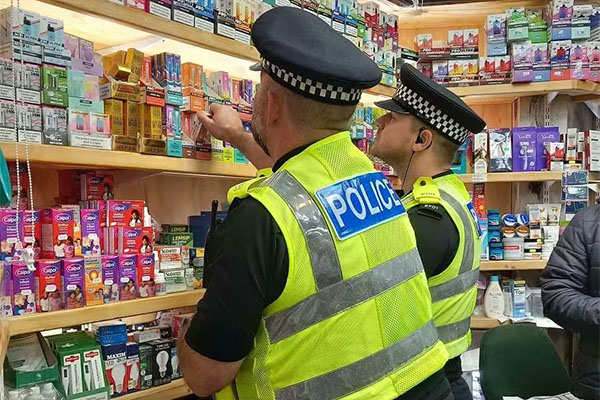BAT South Africa (BATSA) announced it will cease local production of factory-manufactured cigarettes and close its sole manufacturing facility in Heidelberg, Gauteng, by the end of 2026, citing the overwhelming growth of illicit cigarettes in the market. The company estimates that illegal products now account for about 75% of cigarette sales in South Africa, rendering local manufacturing commercially unviable. The plant is currently operating at just 35% of capacity due to sustained volume losses linked to the illicit trade.
“We have tried everything to ensure we don’t have to close this facility, which has been a part of the Heidelberg community since 1975, including implementing various efficiency initiatives over the years,” said Johnny Moloto, head of corporate and regulatory affairs at BAT Sub-Saharan Africa. “But when three-quarters of your market is illicit, there’s a limit to what any company can do. We’ve reached that limit.”
BATSA said the closure will directly affect approximately 230 employees and their families and will also have knock-on effects across the local value chain, including suppliers, logistics providers, and contractors in the Lesedi community. The company has initiated a formal consultation process with employees and unions in line with labor law and expects this process to conclude by the end of March 2026, ahead of the full shutdown later in the year. Despite the closure, BATSA stressed it is not exiting South Africa and will transition to an import-based supply model to continue serving adult consumers.
The company said it has spent more than a decade engaging with government and law-enforcement authorities, warning that policy decisions such as the 2020 tobacco sales ban, above-inflation excise increases, and proposed new tobacco legislation have widened the gap between legal and illegal products. BATSA argued that enforcement efforts have been insufficient to protect legitimate businesses and jobs, with illicit cigarettes costing an estimated R28 billion ($1.7 billion) a year in lost tax revenue. BATSA also warned that illicit trade is increasingly affecting other sectors, including alcohol, pharmaceuticals, and consumer goods.
The growth of illicit trade accelerated after a Covid-era ban on tobacco sales in 2020, from which BATSA says the legal market never recovered. BATSA said it could reconsider local manufacturing if there is sustained progress in curbing illicit trade but cautioned that proposed new tobacco legislation and rising excise duties risk further worsening the problem.









